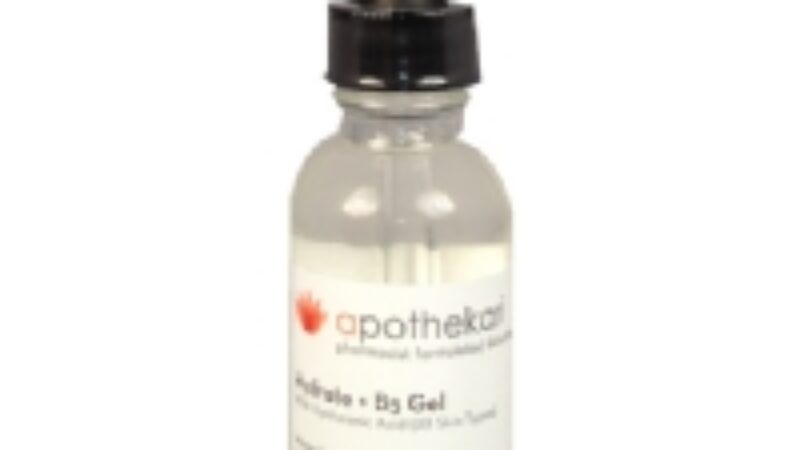 The Environmental Working Group (EWG), a group that oversees the safety of personal care products recently issued a warning that a form of Vitamin A (retinyl palmitate), may damage skin in the presence of sunlight. They say that their warning is especially important because 41 percent of sunscreen manufacturers in the USA routinely add Vitamin A to their sunscreens. Should you be concerned?
The Environmental Working Group (EWG), a group that oversees the safety of personal care products recently issued a warning that a form of Vitamin A (retinyl palmitate), may damage skin in the presence of sunlight. They say that their warning is especially important because 41 percent of sunscreen manufacturers in the USA routinely add Vitamin A to their sunscreens. Should you be concerned?
You may know that various forms of topical Vitamin A (prescription retinoids, retinol and retinyl palmitate) are used in skin care preparations to help manage the symptoms of acne. In addition, they are important components of anti aging formulations for their ability to:
- Help boost collagen production
- Diminish the appearance of wrinkles and fine lines
- Reverse sun damage and
- Increase skin cell turnover.
It is well known that topical forms of Vitamin A can increase the skin’s sensitivity to sunlight. For this reason, it is recommended that they be applied at night. And, the regular use of a broad spectrum UVA/UVB blocking sunscreen should be used in conjunction with a topical Vitamin A preparation.
In October 2010, the Food and Drug Administration (FDA) will publish preliminary data on its findings regarding Vitamin A, sunlight and skin damage. In the meantime, the EWG has reviewed the literature and cautions that sunscreens incorporating vitamin A may be harmful. The group advises consumers to select sun products free of the compound until more conclusive information is available. While the caution applies to retinyl palmitate, other forms of vitamin A as well – retinol, retinyl acetate, and other retinyls – are expected to pose similar safety concerns.
The takeaway: Keep using your sunscreen! Read labels and avoid using products containing Vitamin A derivatives including retinyl palmitate, retinol during the daytime. Vitamin A products deliver significant anti aging benefits; reserve them for night time use.
Anthelios sunscreens and Ombrelle sunscreens do not contain Vitamin A or its derivatives..



Pingback: pligg.com